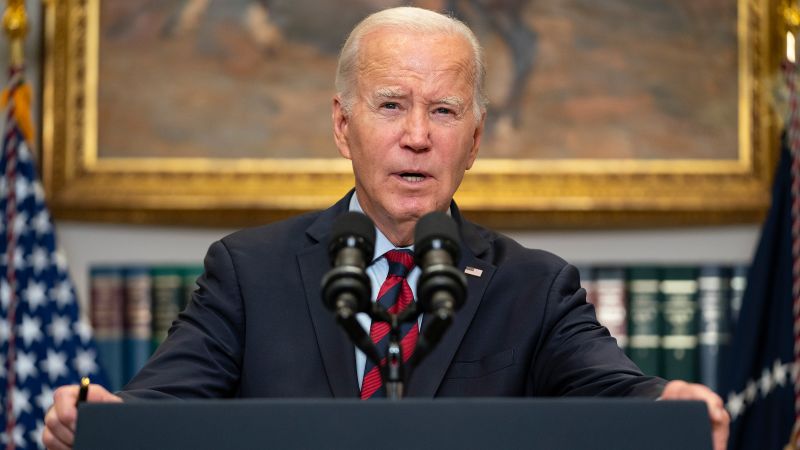Two groups of Republican-led states have filed lawsuits against President Joe Biden over the student loan repayment plan known as SAVE, arguing that he is overstepping his authority to cancel student debt. Some of the states involved are the same plaintiffs that sued Biden over a previous student loan forgiveness program that was struck down by the Supreme Court. The new legal challenges suggest that these states may also challenge Biden’s latest proposals for student loan forgiveness, which were unveiled recently.
The lawsuits argue that Biden is trying to impose costly policies without congressional approval, relying on old statutes to make drastic changes without consent. Many Republicans have criticized Biden’s student loan policies as burdensome to taxpayers and have accused him of sidestepping the Supreme Court’s earlier ruling. However, the Biden administration defends its actions as necessary to fix a broken system and provide necessary debt relief to certain groups of borrowers.
Since the launch of the SAVE plan, nearly 8 million borrowers have enrolled, with almost 153,000 people having their remaining debt canceled, totaling $1.2 billion in relief. The plan offers more generous terms, especially for low-income borrowers, by lowering monthly payments and providing a shorter pathway to debt forgiveness. Borrowers will benefit from forgiveness after making payments for a certain number of years, with those who borrowed $12,000 or less seeing their debt forgiven after ten years.
It remains unclear what the lawsuits mean for borrowers already enrolled in the SAVE plan, but as of now, there have been no changes. The plan is still open to new enrollees, and there doesn’t appear to be a risk for current borrowers. The Biden administration’s latest student loan forgiveness proposals call for canceling accumulated interest for borrowers in the SAVE plan with larger balances. The SAVE plan is estimated to cost anywhere from $138 billion to $475 billion over ten years, depending on enrollment rates.
The lawsuits claim that the Biden administration’s SAVE plan exceeds the authority granted by Congress in 1993 and transforms loans into grants without proper appropriations. Before the courts can rule on the merits of the cases, the suing parties must demonstrate that they have standing to bring the lawsuits. A previous court decision found that states suing over a similar program lacked standing, but the Supreme Court later ruled that Missouri had standing due to potential harm to a state-run nonprofit. It remains to be seen how these legal challenges will affect borrowers and the future of student loan repayment plans.


